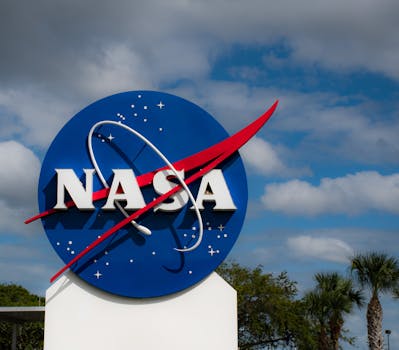
Satellite launch missions have become an integral part of space exploration, enabling us to study the universe, communicate with each other, and navigate the globe. The impact of satellite launch missions on space exploration is immense, and it has paved the way for numerous breakthroughs in the field. Satellite launch missions have allowed us to explore the vastness of space, discover new planets, and understand the mysteries of the cosmos.
One of the most significant contributions of satellite launch missions is the ability to conduct scientific research in space. Satellites in orbit around the Earth or other planets can collect data on the environment, climate, and geology, providing valuable insights into the workings of the universe. For instance, the Hubble Space Telescope, launched in 1990, has made numerous groundbreaking discoveries, including the determination of the rate of expansion of the universe.
History of Satellite Launch Missions
The first satellite launch mission was achieved by the Soviet Union in 1957, with the launch of Sputnik 1, the first artificial satellite in space. Since then, numerous satellite launch missions have been conducted by space agencies and private companies around the world. The United States, Russia, China, and Europe have been at the forefront of satellite launch missions, with each country having its own space agency and launch vehicles.
The development of rocket technology has played a crucial role in the success of satellite launch missions. The creation of powerful rockets, such as the Saturn V and the Space Shuttle, has enabled space agencies to launch heavier and more complex satellites into orbit. Private companies, such as SpaceX and Blue Origin, are also developing reusable rockets, which are reducing the cost of access to space and increasing the frequency of satellite launch missions.
Impact of Satellite Launch Missions on Space Exploration
Satellite launch missions have had a profound impact on space exploration, enabling us to explore the solar system and beyond. The Voyager 1 and 2 spacecraft, launched in 1977, are the most distant human-made objects in space, with Voyager 1 having entered interstellar space in 2012. The Mars Curiosity Rover, launched in 2011, has been exploring the surface of Mars, providing valuable insights into the geology and potential habitability of the planet.
Satellite launch missions have also enabled the development of satellite communications, navigation, and weather forecasting. Satellites in orbit around the Earth can provide global coverage, enabling people to communicate with each other, navigate, and receive weather forecasts. The Global Positioning System (GPS), developed by the United States, is a network of satellites that provides location information and timing signals, which are used in a wide range of applications, including aviation, maritime, and land transportation.
Future of Satellite Launch Missions
The future of satellite launch missions is exciting, with numerous new missions and technologies being developed. Space agencies and private companies are planning to send humans to the Moon and Mars, with the goal of establishing permanent settlements on these planets. The development of reusable rockets and new launch vehicles, such as the Space Launch System (SLS) and the Orion spacecraft, will enable space agencies to send heavier and more complex missions to the Moon and beyond.
The use of satellites in orbit around the Earth will continue to play a vital role in space exploration, with new missions being planned to study the Earth’s climate, weather patterns, and natural resources. The development of small satellites, such as CubeSats, is also enabling new opportunities for space research and exploration, with these satellites being used for a wide range of applications, including Earth observation, communications, and technology demonstration.
In conclusion, satellite launch missions have had a profound impact on space exploration, enabling us to study the universe, communicate with each other, and navigate the globe. With numerous new missions and technologies being developed, the future of satellite launch missions is exciting, and it will continue to play a vital role in the advancement of space exploration.







